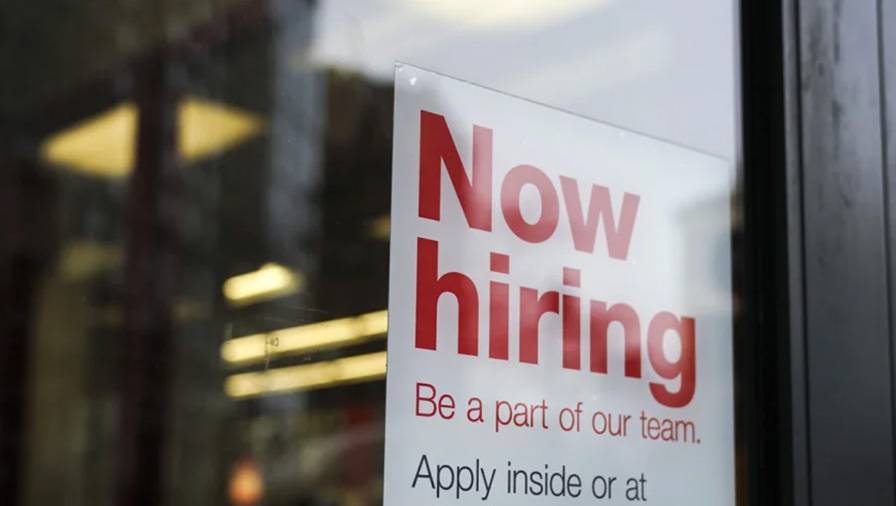The art and science of employment issues
OPINION: National’s plan’s approach has potential to reshape our welfare system.
Christopher Luxon at the annual National Party Conference 2022.
OPINION: National’s plan’s approach has potential to reshape our welfare system.
Christopher Luxon at the annual National Party Conference 2022.
The skills shortage situation we find ourselves in is truly unprecedented, undoubtedly feeding inflation and contributing headwinds for New Zealand firms.
The youth employment policy announced by the National Party started to talk about what businesses want to hear: Government will help relieve the skills handbrake on the economy and look at this as an investment to reduce the direct and indirect cost to the taxpayer of long-term welfare dependency.
The policy promises targeted support and more use of community providers to be able to reach young people. With the recent vaccination effort, we have just seen the effectiveness and efficiency of using community groups that are trusted in their own neighbourhood; this played a role in raising New Zealand’s vaccination rates to some of the highest in the world. We need to lean in more to local solutions to help address situations where existing, or one-size-fits-all solutions, are failing to reach the people that need it most.
Creating successful employment outcomes for young people is an art, not a science.
Having confidence and skills is a key determinant for being able to turn up to work ready and be part of the team, but they are notoriously difficult to prescribe and measure in policy. Much easier to measure, however, is where education fails children; the chances of the justice and welfare system picking them up as adults is significantly higher.
Any measures that can help get young people into employment is worth a shot.
A cost business cannot afford
This is a cost businesses cannot afford. The combination of no immigration and closed borders, the older demographics in our workforce, and the current departure of skilled New Zealanders offshore will make the labour market tough for a period to come. Any measures that can help get young people into employment and on a path to being able navigate a changing labour market throughout their lifetimes is worth a shot.
As always, the devil is in the detail. The policy will not be able to stand on its own. Employers need to be ready to take on our young people. They have already demonstrated an eagerness to bring young people on board, with a 10% increase to 151,000 people entering apprenticeships or work-based training courses and a 7.6% increase in the employment rate for those aged 15-24 in the past year.
Creating successful employment outcomes for young people is an art, not a science.
The inevitable politicking of the policy is that it looks like beneficiary bashing and, with sanctions back on the table, it will hurt those who are most vulnerable. With the policy outlining a year of dedicated support, sanctions should be signalled and interventions put in place to avoid that outcome.
It will not work for everybody – active labour market programmes are notoriously tricky to get right.
However, helping people get on track with things such as health, housing, and transport – and making sure people are not losing money by choosing to take up work – are critical levers for Government to pull to ensure it is easier for people to be positive about taking a job and sticking to it.
Potential for partnership
The policy has potential for partnership between industry and Government.
Employers have the jobs available, and Government needs to provide the support to ensure candidates are work ready and have the basic skills needed.
If National can succeed in joining up the many social support mechanisms to wrap around an individual, as promised, without the cumbersome silos of bureaucracy getting in the way, there is potential to think about how this approach may reshape our welfare system.
BusinessNZ CEO Kirk Hope.
Kirk Hope is the chief executive of BusinessNZ.
This content was supplied free to NBR.
Sign up to get the latest stories and insights delivered to your inbox – free, every day.